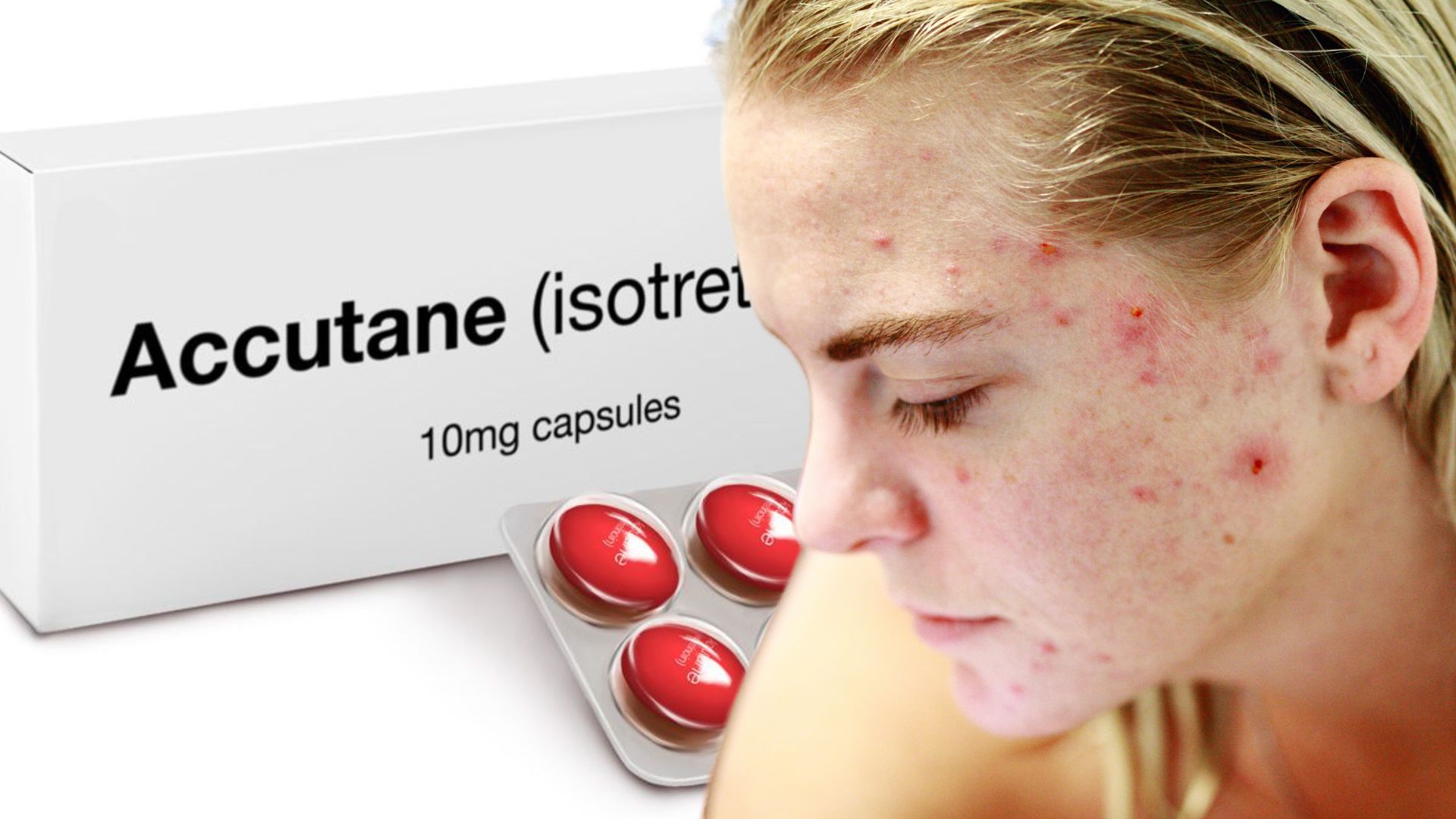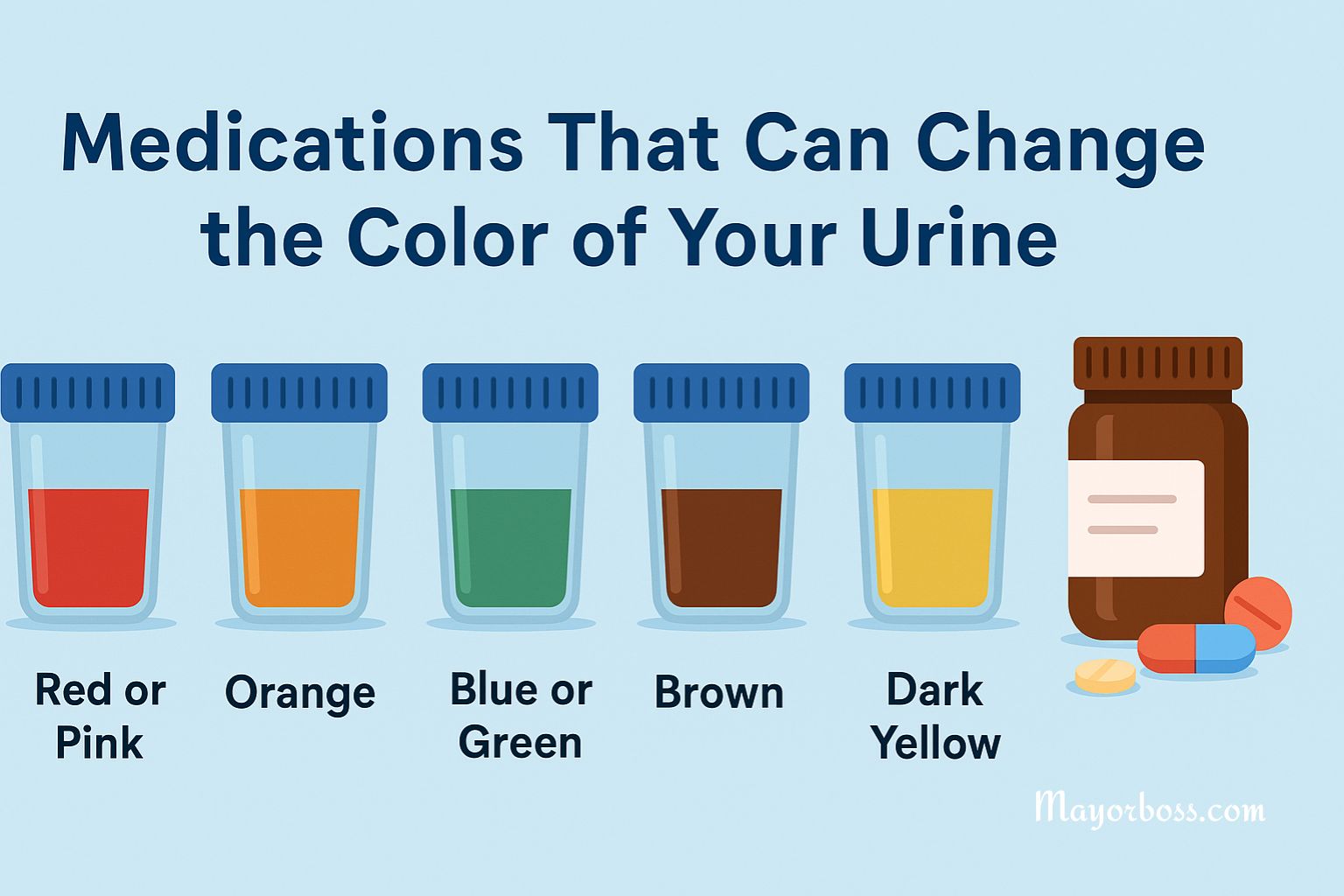Accutane: What It Is and How It Works
What is Accutane?
Accutane, known generically as isotretinoin, is a powerful medication primarily used for treating severe acne, particularly the kind that doesn’t respond well to other treatments. Severe acne often involves deep, painful cysts and nodules, which can cause scarring. Accutane is unique in its ability to address these issues, but it’s also known for its strength and potential side effects.

How Accutane Works
Accutane falls under the category of retinoids, which are derived from Vitamin A. It works in multiple ways to tackle severe acne:
- Reduces Oil Production: Your skin has oil-producing glands known as sebaceous glands. Accutane significantly lowers the production of sebum (oil), making it harder for acne to form.
- Prevents Clogged Pores: It helps in slowing down the rate at which your skin produces skin cells inside the pore, which reduces the risk of clogged pores.
- Anti-inflammatory: It has anti-inflammatory properties that help in reducing the redness and size of acne lesions.
When is Accutane Used?
Accutane is typically used when:
- You have severe nodular acne.
- Other treatments like antibiotics or topical medications haven’t worked.
- You are dealing with acne that is causing significant psychological distress.
Usage Guidelines for Accutane
If you’re prescribed Accutane, here’s what you should know about using it:
- Dosage: It’s essential to follow the dosage your doctor prescribes. The dose is usually calculated based on your weight and the severity of your acne.
- Duration: Treatment typically lasts 4 to 6 months. However, some may need a second course.
- Monitoring: Regular follow-ups with your doctor are crucial. They will monitor your progress and any side effects.
Side Effects
Accutane is effective, but it can have significant side effects. Therefore, you and your doctor need to weigh the benefits against the risks. Common side effects include:
- Dry skin and lips
- Sensitivity to the sun
- Increased risk of sunburn
- Mild itching or rashes
- Peeling skin, especially on the palms and soles
- Nosebleeds
- Changes in blood lipid levels
Serious Side Effects and Precautions
There are more serious risks associated with Accutane:
- Birth Defects: It’s highly teratogenic, meaning it can cause severe birth defects. Women of childbearing age must use two forms of contraception and have regular pregnancy tests during treatment.
- Mental Health Risks: Some users have reported depression or suicidal thoughts, though a direct link isn’t conclusively proven.
- Liver and Kidney Health: Regular blood tests are necessary to monitor liver function and triglyceride levels.
Before Taking Accutane
Before starting Accutane, you should:
- Discuss Your Medical History: Inform your doctor or pharmacist about any pre-existing conditions, especially mental health issues, liver problems, or high cholesterol.
- Understand the Risks: Be fully aware of the potential side effects and what to do if you experience them.
- Contraception for Women: If you’re a woman of childbearing age, discuss birth control methods and the necessity of regular pregnancy tests.
Interactions and Lifestyle Changes
While on Accutane, you should:
- Avoid Vitamin A Supplements: Since Accutane is a vitamin A derivative, taking extra vitamin A can increase the risk of toxicity.
- Be Careful with Other Medications: Some drugs can interact with Accutane, so always inform your doctor about any other medication you’re taking.
- Avoid Waxing and Laser Treatments: These can cause scarring while on Accutane.
Conclusion
Accutane is a potent medication for severe acne but comes with significant considerations and potential side effects. Always work closely with your doctor or pharmacist to ensure it’s the right treatment for you and that you’re using it safely and effectively.






